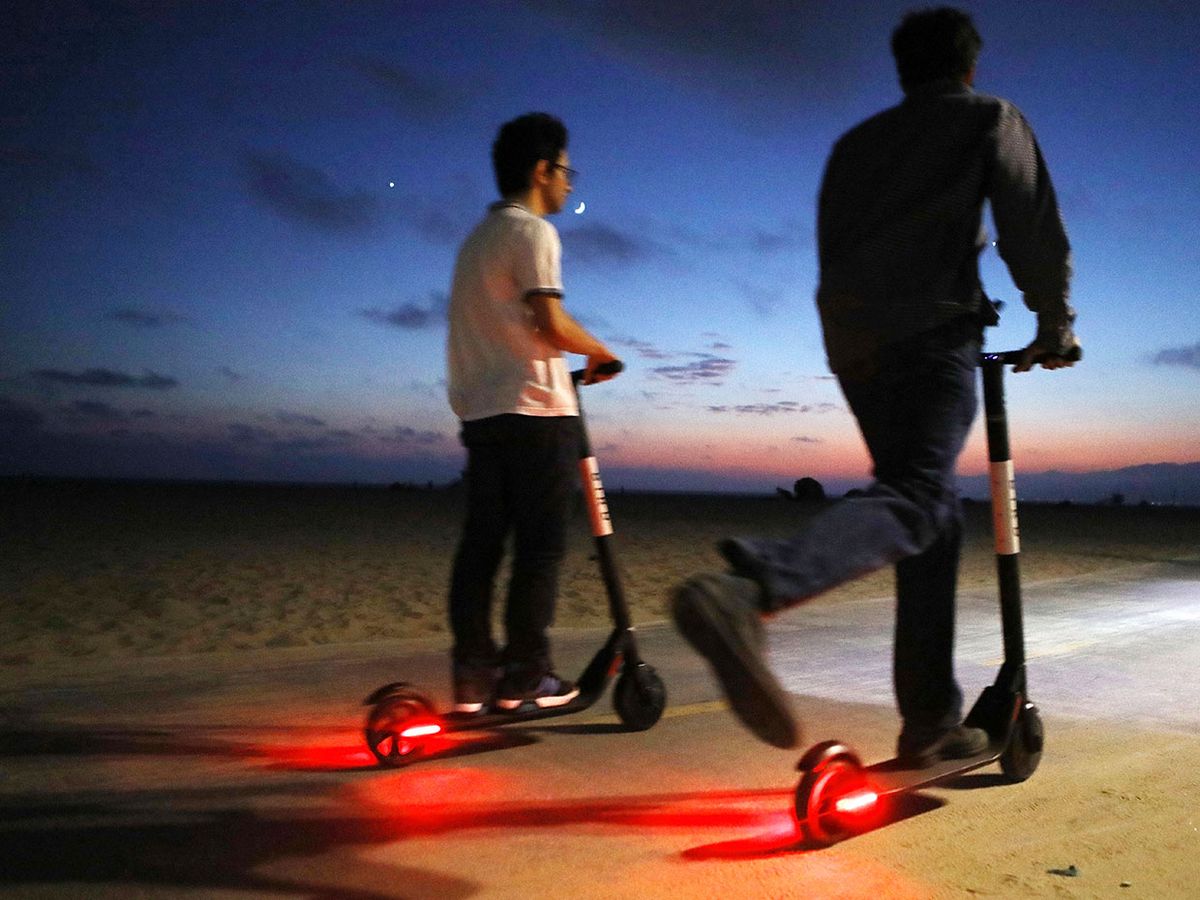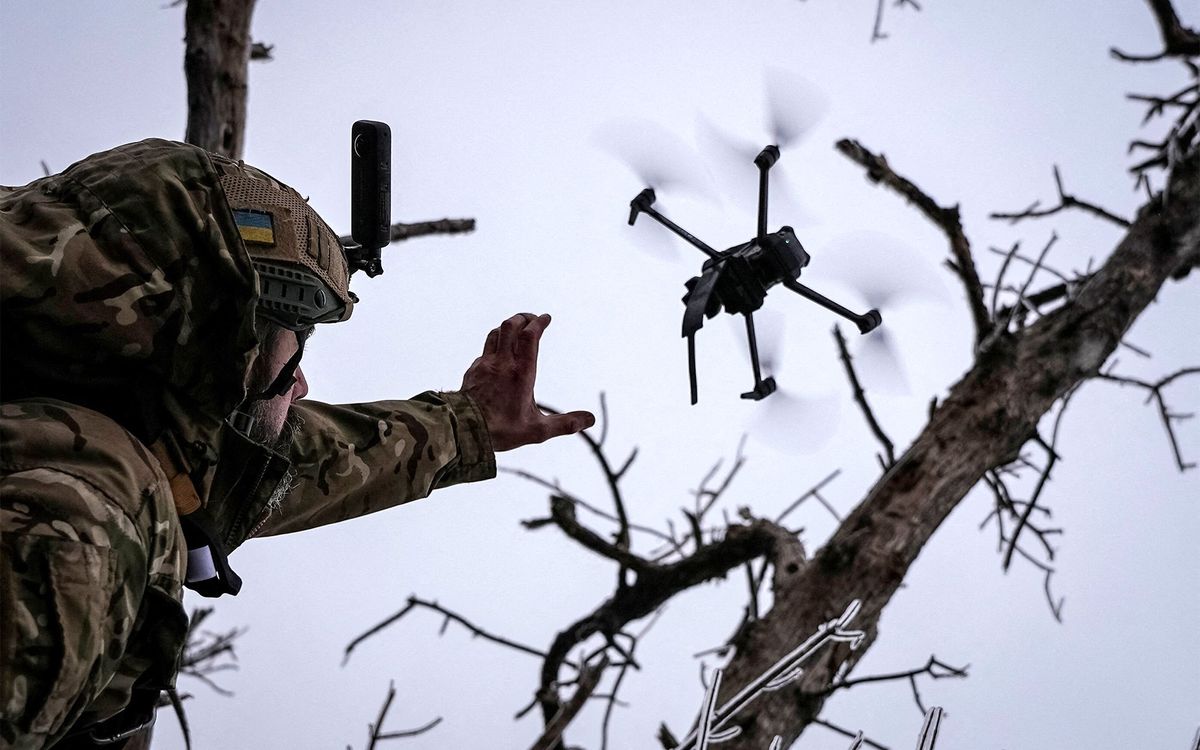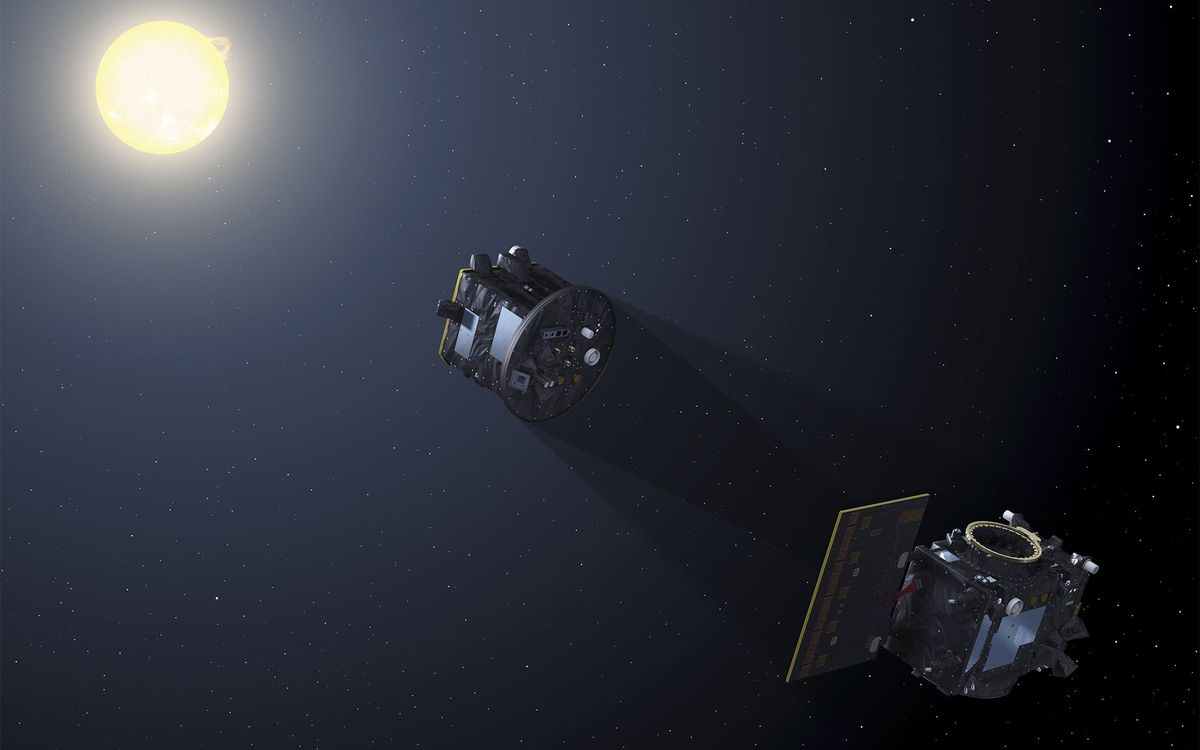
This year in Spain, contractors will break ground on a new “smart city” complete with its own water park. In Singapore, a company has promised to launch a flying taxi service before the end of 2019. And in Belfast, tourists can now exchange texts with a famous statue of a fish.
There’s no shortage of flashy “smart city” projects taking shape around the world. And next week, several shiny new ones will surely be unveiled at MWC Barcelona, the mobile industry’s largest annual event.
Amid the hubbub, Seleta Reynolds from the Los Angeles Department of Transportation (LADOT) will discuss her agency’s humble attempts to collect and organize data from scooter companies and dockless bike-share companies. Though this work has more to do with developing new software tools than installing “smart” streetlights or connected trash cans, Los Angeles officials consider it to be a key first step in building a safer, more accessible city.
In September 2018, LADOT released a Mobility Data Specification (MDS) on GitHub. Starting in March, scooter companies and dockless bike-share companies that receive a one-year permit to operate in Los Angeles will be required to abide by this new data standard, and to use its associated application programming interfaces (APIs) to exchange information about vehicles in their fleets with city officials, in almost real time.
“There’s no way L.A. can manage x number of companies giving us data in different formats, at different intervals, in whatever fields they want to give us,” says Marcel Porras, chief sustainability officer for LADOT. “With the data specification, we started standardizing what information we wanted to get and what information we would receive from the companies.”
In its simplest form, the MDS describes the kinds of data that third-party transportation providers must collect and provide to the city. It includes fields that describe each vehicle, including its location, propulsion type, and unique ID number. Other fields serve to describe all trips that are taken with that vehicle, including the start and end times, and the cost to the rider. (The MDS does not request any personally identifiable information such as customer names.)
The MDS also includes a pair of APIs that provide a software layer through which any company can interface directly with the back-end systems at L.A.’s transportation agency. The “provider” API allows the transportation agency to ingest data from companies, and the “agency” API lets the city send information back to companies about, for example, where vehicles may park. The entire project is open source, and free for other cities to adopt.
“We could look at a map of the city right now and say, ‘All these scooters are outside the geography of where they should be,’” says Porras. “Okay, let’s send an email to the company saying, ‘You need to rebalance the system.’ ”
L.A. will also use the system to identify abandoned scooters or bikes by setting up notifications that alert the city when a vehicle has been parked in the same spot for more than five days. Companies must update a scooter’s status to “trip_end” within 5 seconds of when a trip ends in the real world.
The recent arrival of scooter companies to L.A. prompted the city to jump-start its work on the MDS, says Porras. But, he adds, “we were very intentional about not doing a specification that was only going to be applied to scooters.”
Eventually, L.A. may require companies such as Uber and Lyft to abide by the data standard, too. The end game would be integrating all of this information into a dashboard that would display all public and private transportation options that are currently in use throughout the city.
At MWC Barcelona, LADOT’s Reynolds will describe this work and some of the city’s other projects at an invite-only session on 26 February called “5G in the City.” Last year, she gave a keynote on Los Angeles’s efforts at MWC Americas, which was held in L.A.
The second-largest city in the United States is the nation’s fifth most-congested metropolis. Drivers in Los Angeles spend an average of 128 hours per year stuck in traffic, according to a new survey by Inrix, a transportation analytics firm based in Washington state.
City officials are already imagining how they will cope with the moment at which—on top of the usual glut of traffic—an influx of people from around the globe will descend on the city when it hosts the 2028 Summer Olympics. By that time, L.A. aims to be “the model city for autonomous movement in the world,” said Reynolds in her keynote. She noted that the city’s early work on the MDS will extend to and support that effort.
“The way that we manage the humble scooter of today is foundational for the way we’re going to manage fleets of autonomous vehicles on the ground and in the sky,” Reynolds said.



